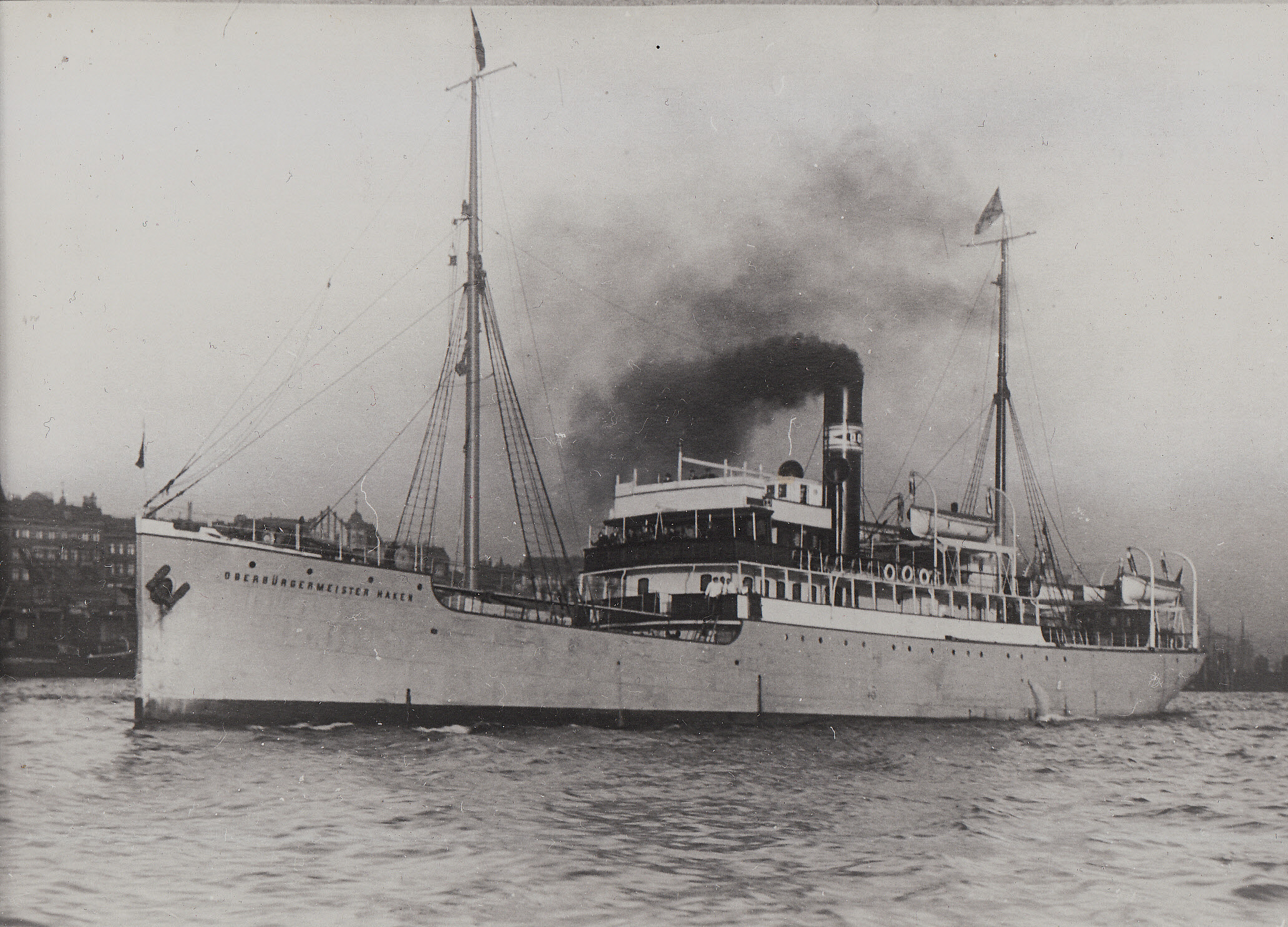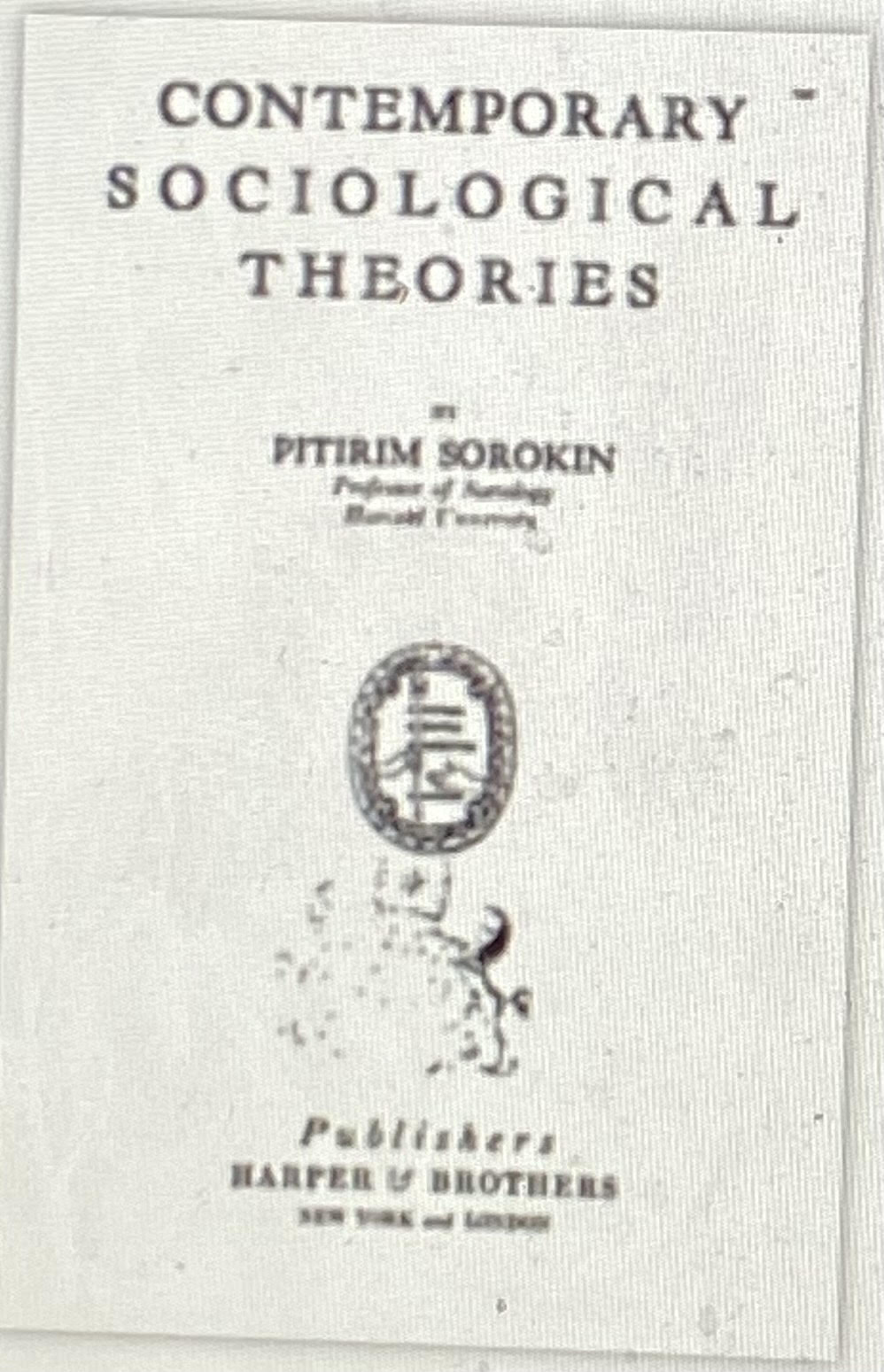|
Philosophers' Ships
The philosophers' ships or philosopher's steamboats (russian: Философский пароход) were steamships that transported intellectuals expelled from Soviet Russia in 1922. The main load was handled by two German ships, the ''Oberbürgermeister Haken'' and the ''Preussen'', which transported more than 200 expelled Russian intellectuals and their families in September and November 1922 from Petrograd (modern-day Saint Petersburg) to the seaport of Stettin in Germany (modern-day Szczecin in Poland). Three detention lists included 228 people, 32 of them students. Later in 1922, other intellectuals were transported by train to Riga in Latvia or by ship from Odessa to Istanbul. Among the expelled *Vladimir Abrikosov * Yuly Aikhenvald *Nikolai Berdyaev * Boris Brutskus *Sergei Bulgakov *Valentin Bulgakov *Semyon Frank *Ivan Ilyin * (university lecturer/publisher; father of architect Anatol Kagan) *Lev Karsavin (the brother of ballerina Tamara Karsavina; arrested again in 19 ... [...More Info...] [...Related Items...] OR: [Wikipedia] [Google] [Baidu] |
Sergei Bulgakov
Sergei Nikolaevich Bulgakov (; russian: Серге́й Никола́евич Булга́ков; – 13 July 1944) was a Russian Eastern Orthodox Church, Orthodox theologian, priest, philosopher, and economist. Biography Early life: 1871–1898 Sergei Nikolaevich Bulgakov was born on 16 July 1871 to the family of an Russian Orthodox Church, Orthodox priest (Nikolai Bulgakov) in the town of Livny, Oryol guberniya, in Russia. The family produced Orthodox priests for six generations, beginning in the sixteenth century with their ancestor Bulgak, a Tatars, Tatar from whom the family name derives. Metropolitan bishop, Metropolitan Macarius Bulgakov (1816–1882), one of the major Eastern Orthodox theologians of his days, and one of the most important Russian church historians, was a distant relative. At the age of fourteen, after three years at the local parish school, Bulgakov entered the seminary in Orel. In 1888, however, Bulgakov quit the seminary after a loss of his faith. Bul ... [...More Info...] [...Related Items...] OR: [Wikipedia] [Google] [Baidu] |
Forced Migration In The Soviet Union
From 1930 to 1952, the government of the Soviet Union, on the orders of Soviet leader Joseph Stalin under the direction of the NKVD official Lavrentiy Beria, forcibly transferred populations of various groups. These actions may be classified into the following broad categories: deportations of "anti-Soviet" categories of population (often classified as "enemies of workers"), deportations of entire nationalities, labor force transfer, and organized migrations in opposite directions to fill ethnically cleansed territories. Dekulakization marked the first time that an entire class was deported, whereas the deportation of Soviet Koreans in 1937 marked the precedent of a specific ethnic deportation of an entire nationality. In most cases, their destinations were underpopulated remote areas (see Forced settlements in the Soviet Union). This includes deportations to the Soviet Union of non-Soviet citizens from countries outside the USSR. It has been estimated that, in their entiret ... [...More Info...] [...Related Items...] OR: [Wikipedia] [Google] [Baidu] |
Boris Vysheslavtsev
Boris Petrovich Vysheslavtsev (russian: Бори́с Петро́вич Вышесла́вцев; 1877–1954) was a Russian philosopher who belonged to the Russian Silver Age and Renaissance of Religion and Philosophy.Blagova, Tatiana. “Boris Vysheslavtsev on the Russian National Character.” New Zealand Slavonic Journal, 1999, pp. 203–216. Life He did his doctorate on Fichte in 1914 and became a lecturer, later professor in the philosophy of law at Moscow University. In September 1922, he became one of a group of prominent writers, scholars and intellectuals who were sent into forced exile on the so-called " philosophers' ships". He emigrated first to Berlin, then in 1924 to Paris. He spent most of his life at the Orthodox Theological Institute. While in Paris, he published the book ''The Ethics of a Transfigured Eros'' (1931). This book deals with the Christianisation of Freudian sublimation and is universally considered Vysheslavtsev's best work. He is noted for an at ... [...More Info...] [...Related Items...] OR: [Wikipedia] [Google] [Baidu] |
Fyodor Stepun
Fyodor Avgustovich Stepun (russian: Фёдор А́вгустович Степу́н; February 18, 1884 – February 23, 1965) (also known as Friedrich Steppuhn) was a Russians, Russian and Germans, German writer, philosopher, historian and sociologist. Biography Fyodor Avgustovich Stepun was born in Russia on 18 February 1884, in Moscow. After attending secondary school in Moscow he went as a student to Heidelberg, and there in 1910 he obtained his doctorate for a thesis on Vladimir Solovyov (philosopher), Vladimir Solovyov's philosophy of history. Between 1910 and 1914 Stepun edited the international philosophical journal, ''Logos'', and travelled across Russia lecturing on philosophy, literature and culture. During the first World War he was an officer in a Siberian regiment, and after the Russian revolution was an army commissar under the Russian Provisional Government. From 1920 to 1922 he directed the state experimental theatre; but in 1922 he was deported from the Soviet U ... [...More Info...] [...Related Items...] OR: [Wikipedia] [Google] [Baidu] |
Pitirim Sorokin
Pitirim Alexandrovich Sorokin (; russian: Питири́м Алекса́ндрович Соро́кин; – 10 February 1968) was a Russian American sociologist and political activist, who contributed to the social cycle theory. Background Pitirim Alexandrovich Sorokin was born on , in Turya, a small village in Yarensky Uyezd, Vologda Governorate, Russian Empire (now Knyazhpogostsky District, Komi Republic, Russia), the second son to a Russian father and Komi mother. Sorokin's father, Alexander Prokopievich Sorokin, was from Veliky Ustyug and a traveling craftsman specializing in gold and silver. At the same time, while his mother, Pelageya Vasilievna, was a native of Zheshart and belonged to a peasant family. Vasily, his elder brother, was born in 1885, and his younger brother, Prokopy, was born in 1893. Sorokin's mother died on March 7, 1894, in the village of Kokvitsa. After her death Sorokin and his elder brother Vasily stayed with their father, traveling with him throug ... [...More Info...] [...Related Items...] OR: [Wikipedia] [Google] [Baidu] |
Mikhail Osorgin
Mikhail Andreyevich Osorgin (russian: Михаи́л Андре́евич Осорги́н; real last name Ilyin (Ильи́н); 19 October 1878 – 27 November 1942) was a writer, journalist, and essayist born in the Russian Empire. Biography Osorgin was born in Perm, Russian Empire and became a lawyer after attending school in Moscow. He participated in the Revolution of 1905, was arrested and imprisoned, and eventually forced into exile in Italy. In Italy he became a foreign correspondent for ''The Russian News'', and a contributor to various papers abroad. He returned to Russia in 1916 and lived there until 1921 when he was again imprisoned for non-conformity and exiled to Kazan. He was deported to Germany in 1922 on one of the "Philosophers' ships". He lived in Berlin and Italy before settling in Paris. In Paris he contributed journalism, fiction, and book reviews to emigre papers. Among Osorgin's best known works are his novels '' Сивцев Вражек'' (1928; Sivtsev ... [...More Info...] [...Related Items...] OR: [Wikipedia] [Google] [Baidu] |
Nikolai Lossky
Nikolay Onufriyevich Lossky. (; – 24 January 1965), also known as N. O. Lossky, was a Russian philosopher, representative of Russian idealism, intuitionist epistemology, personalism, libertarianism, ethics and axiology (value theory). He gave his philosophical system the name ''intuitive-personalism''. Born in Latvia, he spent his working life in St. Petersburg, New York, and Paris. He was the father of the influential Christian theologian Vladimir Lossky.Sciabarra, Chris Matthew.Investigation: the Search for Ayn Rand's Russian Roots" ''Liberty'' 1999-10. 10 August 2006. Life Lossky was born in Krāslava then in the Russian Empire. His father, Onufry Lossky, had Belarusian roots (his grandfather was a Greek-Catholic Uniate priest) and was an Eastern Orthodox Christian; his mother Adelajda Przylenicka was Polish and Roman Catholic. He was expelled from school for propagating atheism. Lossky undertook postgraduate studies in Germany under Wilhelm Windelband, Wilhelm Wundt and G ... [...More Info...] [...Related Items...] OR: [Wikipedia] [Google] [Baidu] |
Gulag
The Gulag, an acronym for , , "chief administration of the camps". The original name given to the system of camps controlled by the GPU was the Main Administration of Corrective Labor Camps (, )., name=, group= was the government agency in charge of the Soviet network of forced labour camps which were set up by order of Vladimir Lenin, reaching its peak during Joseph Stalin's rule from the 1930s to the early 1950s. English-language speakers also use the word ''gulag'' in reference to each of the forced-labor camps that existed in the Soviet Union, including the camps that existed in the post-Lenin era. The Gulag is recognized as a major instrument of political repression in the Soviet Union. The camps housed a wide range of convicts, from petty criminals to political prisoners, a large number of whom were convicted by simplified procedures, such as NKVD troikas or other instruments of extrajudicial punishment. In 1918–22, the agency was administered by the Cheka, follow ... [...More Info...] [...Related Items...] OR: [Wikipedia] [Google] [Baidu] |
Tamara Karsavina
Tamara Platonovna Karsavina (russian: Тамара Платоновна Карсавина; 10 March 1885 – 26 May 1978) was a Russian prima ballerina, renowned for her beauty, who was a principal artist of the Imperial Russian Ballet and later of the Ballets Russes of Sergei Diaghilev. After settling in Britain at Hampstead in London, she began teaching ballet professionally and became recognised as one of the founders of modern British ballet. She assisted in the establishment of The Royal Ballet and was a founder member of the Royal Academy of Dance, which is now the world's largest dance-teaching organisation. Family and early life Tamara Karsavina was born in Saint Petersburg, the daughter of Platon Karsavin, Platon Konstantinovich Karsavin and his wife, Anna Iosifovna (née Khomyakova). A principal dancer and mime with the Mariinsky Ballet, Imperial Ballet, Platon also taught as an instructor at the Vaganova Ballet Academy, Imperial Ballet School (Vaganova Ballet Academ ... [...More Info...] [...Related Items...] OR: [Wikipedia] [Google] [Baidu] |
Lev Karsavin
} Lev (Leo) Platonovich Karsavin (russian: link=no, Лев Платонович Карсавин; lt, link=no, Levas Karsavinas; 13 December 1882 – 17 or 20 July 1952) is a Russian religious philosopher, historian-medievalist, and poet. Biography Early years Lev Platonovich Karsavin was born into the family of Platon Konstantinovich Karsavin, a ballet actor at the Mariinsky Theatre, and his wife Anna Iosifovna, née Khomyakova, the daughter of the cousin of Aleksey Khomyakov, a famous Slavophile. He was the brother of the ballerina Tamara Karsavina. He was a student of Ivan Grevs, graduated from the Faculty of History and Philology of Saint Petersburg State University. From 1909 he taught at the Petrograd Institute of History and Philology (professor since 1912, inspector since 1914) and at the Bestuzhev Courses. He was the Privatdozent of the Saint Petersburg Imperial University (from 1912), then professor (from 1916). His Master's thesis is a monograph entitled ''Es ... [...More Info...] [...Related Items...] OR: [Wikipedia] [Google] [Baidu] |
Anatol Kagan
Anatol Kagan, (4 October 1913, St. Petersburg, Russian Empire – 2 July 2009, Hunters Hill, Australia) was a Russian Empire-born Australian architect. Over a professional career that spanned more than seven decades, and three continents, Kagan was active not only in the field of architecture and design but also as a writer, translator, lecturer and political activist. Early life and training Born in St Petersburg, Kagan was the son of Abraham S Kagan (rus. Абрам Каган; 1889 - 1983) - a university lecturer/publisher and a school teacher. As a young child, Anatol witnessed the atrocities of the Russian Revolution, which aroused a deep concern for social justice that would remain with him for the rest of his life. In 1922, Kagan's father became one of many intellectuals to be exiled from the new Soviet Union aboard the so-called Philosophers' Ships. The family settled in Berlin, where Kagan's father re-established his publishing business and Kagan himself commenc ... [...More Info...] [...Related Items...] OR: [Wikipedia] [Google] [Baidu] |





